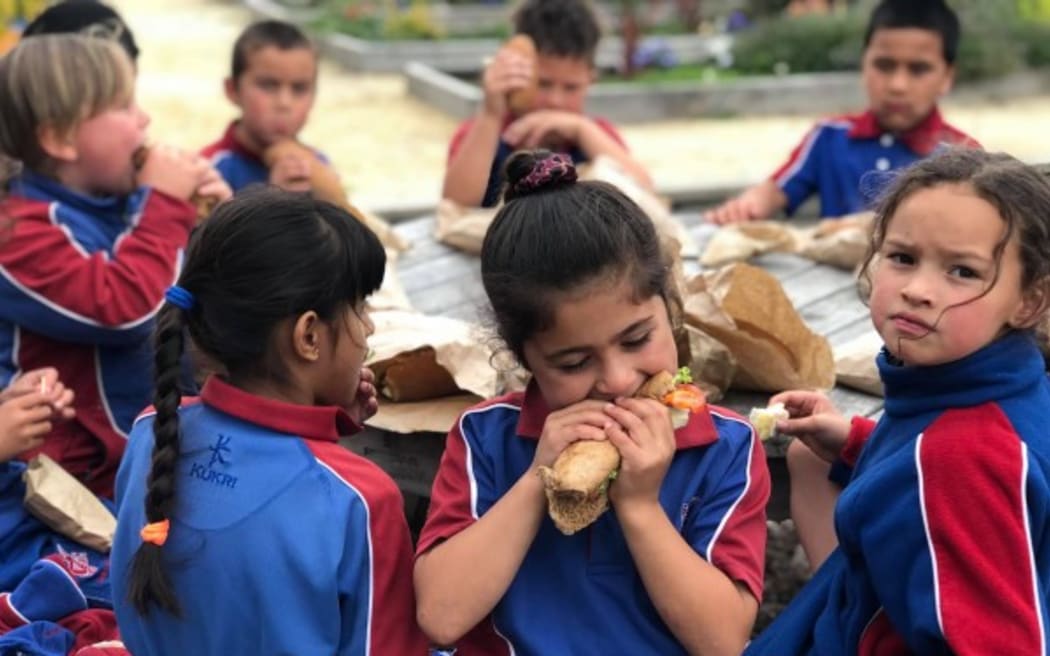Treasury unsure school lunch scheme represents value for money - Budget document

A Budget document shows Treasury does not support the free school lunch scheme, Ka Ora, Ka Ako.
A report for Finance Minister Grant Robertson said evaluations showed the programme had no effect on attendance and provided little benefit for Māori students.
The document showed funding for the scheme ran out at the end of 2023 and Education Minister Jan Tinetti wanted to make it a permanent expense.
But Treasury officials recommended extending funding for two years only, with permanent funding dependent on proof the scheme was effective for Māori.
In the end, the government approved more than $300 million to continue the scheme until the end of 2024.
The report said there was uncertainty about whether Ka Ora, Ka Ako represented value for money.
"Evaluations of Ka Ora, Ka Ako to date have found strong outcomes for improving nutrient intake, particularly for those 7.3 percent of ākonga with least access to sufficient food at home. The programme generally contributes to happier and healthier ākonga overall," it said.
"However, the evaluations have found no impact on attendance, and ākonga Māori, who make up around 48 percent of students receiving the programme, have not benefited on most metrics, such as school functioning (e.g., paying attention in class), health, and mental wellbeing (with mental wellbeing worse off for those in the programme)."
The report said the scheme also needed to address inefficiencies with 12 percent of the lunches, about 10,000 per day surplus to requirements.
"Meanwhile, we know educational outcomes are declining. Achievement scores in reading, science, and maths as measured by the Programme for International Student Assessment (PISA) has been declining. Investments targeting reading and maths programmes for students falling behind will likely have a greater impact in reversing these trends," it said.
However, the report said evaluations found strong outcomes for improving nutrient intake, particularly for the 7.3 percent of students with the least access to sufficient food at home.
"The programme generally contributes to happier and healthier ākonga overall," it said.
Another Budget document said there was little room in the education budget for new spending initiatives and Treasury recommended prioritising areas that supported improved educational outcomes.
They included supporting education providers that were under pressure due to rising costs, targeted support for Māori and Pacific learners, and learning support for the most vulnerable learners and those at risk of falling behind.